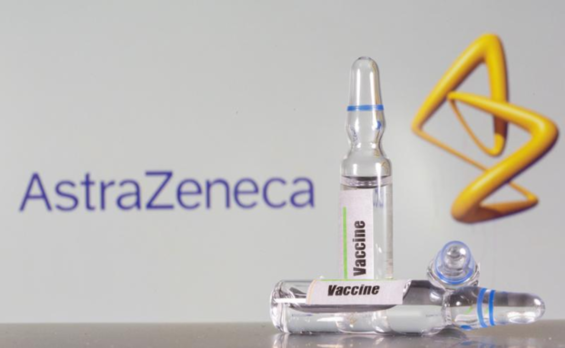Input 2020.12.31 16:17


AstraZeneca’s Corona 19 vaccine, which has been approved for emergency use in the UK and Argentina one after another, is being discussed even in the US and Europe for possible delays in approval due to lack of clinical information.
According to Reuters and AFP, on the 30th (local time), Donald Trump, chief executive of the US administration’s corona vaccine development program,’Super-Speed Operation,’ Montsef Slawi, said, “(Validity) In the case, emergency approval is expected to be approved in April.” This is two months delayed from the time of approval previously expected by the White House.
The main reason the US delayed approval for emergency use is due to doubts over the effectiveness of the vaccine. The AstraZeneca vaccine was controversial due to the lack of major data and a kind of’rubber band immunity effect’ that the prevention rate varies depending on the dose.
Like other vaccines, if the entire dose was normally administered twice, the prophylactic effect remained at 62%, whereas half the dose of the vaccine was administered first and one additional dose was fully dosed after a month. It appears to reach %. There is no clear identification of the cause of this difference.
There is also a lack of research data on the duration of the efficacy of the first-line vaccine. At a press conference on the 30th (local time), the British government introduced a study that showed that when the vaccination interval of the AstraZeneca vaccine was increased to 12 weeks, the immune effect increased up to 80%. This is higher than AstraZeneca’s clinical trial results released on the 23rd of last month. AstraZeneca announced at the time that the average efficacy was 70.4% when two doses were given at intervals of 4 weeks. However, some scientists pinpoint the lack of data for the ‘80% efficacy every 12 weeks’ test.
The average prevention rate of the AstraZeneca vaccine is also lower than that of the Pfizer and Moder vaccines that were launched earlier. The AstraZeneca corona vaccine prevention rate was 70.4%, which is lower than that of Pfizer BioEntech (95%) and Modena vaccine (94.5%). Even this is an intermediate clinical result, which is different from the final clinical results of Pfizer Modena.
Regarding this, Slawi, chief executive officer of the US authorities, said, “One vaccine has a 95% prevention rate, while the other vaccine is’X%’ (unknown).” “We need numbers,” he explained, explaining why he delayed the approval period.
The UK government, which approved AstraZeneca’s Corona 19 vaccine, the first in the world, determined that the AstraZeneca vaccine had no problem with the function of the vaccine, even though its effectiveness was inferior to Pfizer or Modena vaccine, which has a 90% prevention effect. The World Health Organization (WHO) estimates that there should be at least 50% effectiveness in relation to the COVID-19 vaccine standard.
However, the European authorities are also in the position that it is difficult to grant early permission approval due to lack of information like the United States. In a statement on the 30th (local time), the European Medicines Agency (EMA) said, “In order to approve the emergency use of the corona vaccine, additional information on issues such as the effectiveness and safety of this vaccine is essential.” “The situation has been requested.” Regarding this, EMA deputy chief Noel Wasshun predicted, “It will be difficult for the AstraZeneca corona vaccine to obtain conditional marketing approval within January of next year.
It is also a concern that all people under the age of 55 who received AstraZeneca vaccine and showed 90% effectiveness are also concerned, the Wall Street Journal (WSJ) recently reported. Elderly people are counted as priority targets for the Corona 19 vaccine in Korea as well as overseas.
It is considered a strength that the price is cheaper than Pfizer and modder or vaccine. Based on the US contract, the price of two doses of Pfizer vaccine is about 43,000 won. Moderna costs about 35,000 to 41,000 won per serving. On the other hand, the AstraZeneca vaccine was decided to be purchased by the European Union for about 3,300 won per dose.
The advantage of AstraZeneca vaccine is that it can be transported, stored, and managed for at least 6 months at a normal refrigerator temperature of 2 to 8 degrees Celsius. The AstraZeneca vaccine is scheduled to be vaccinated in earnest in the UK from January 4th.
The Korean government is preparing to introduce the AstraZeneca vaccine from February to March next year. Approval for domestic use of the AstraZeneca vaccine is carried out separately from approval by overseas licensing agencies. The Korean government is in the position that the approval of the corona vaccine is under its own review regardless of whether or not the foreign government has approved it. Regarding this, an official from the Ministry of Food and Drug Safety said, “We have only received non-clinical and quality data from AstraZeneca and are reviewing it in advance.” I repeated the position.
